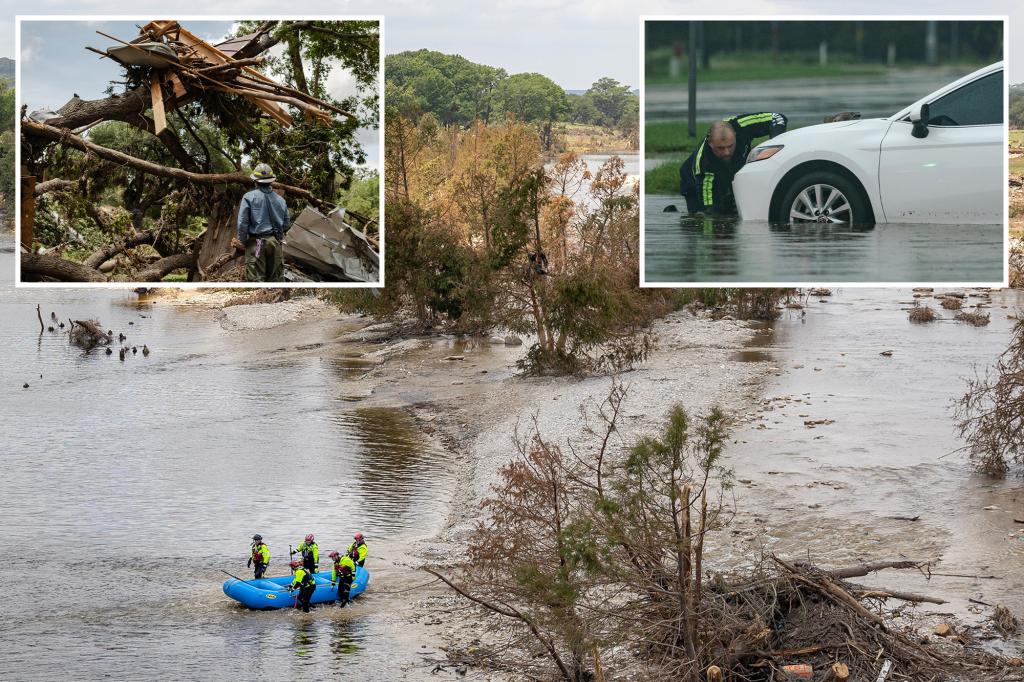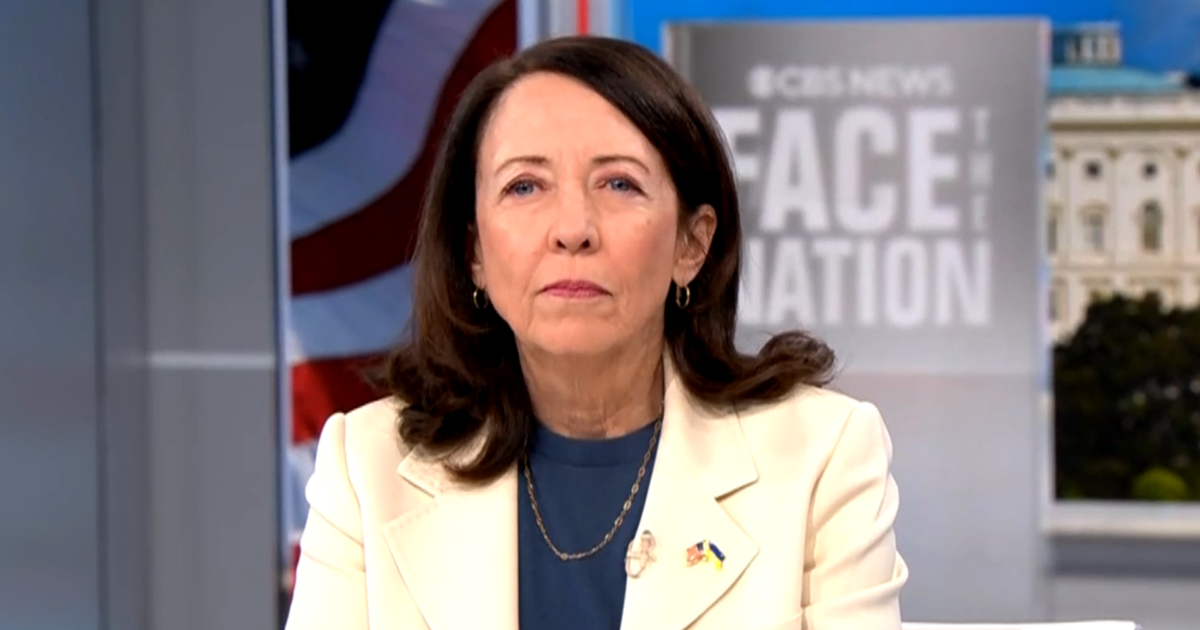Climate Change and Its Impact on Global Food Security
Climate change poses a significant threat to global food security, affecting agricultural systems worldwide. According to a recent report from the Intergovernmental Panel on Climate Change (IPCC), rising temperatures, erratic rainfall patterns, and extreme weather events are expected to drastically alter food production landscapes by 2050. This situation demands urgent action from governments, farmers, and the global community.
Understanding the Current Landscape
As of 2023, approximately 828 million people worldwide suffer from hunger, a figure that has risen due to climate-related disruptions. The World Food Programme (WFP) warns that without immediate interventions, this number could increase sharply, exacerbating existing inequalities. In regions like Sub-Saharan Africa, where agriculture relies heavily on rain-fed systems, even slight changes in precipitation can lead to catastrophic harvest failures.
“Climate change is not just an environmental issue; it’s a humanitarian crisis,” says Dr. Linda Green, a climate scientist at the Global Institute for Sustainable Development. “The most vulnerable populations bear the brunt of these impacts, often with limited resources to adapt.”
Key Factors Influencing Food Security
Several factors contribute to the direct impact of climate change on food security:
- Temperature Increases: Rising temperatures can hinder crop yields, especially for staple crops like wheat and maize, which are sensitive to heat stress.
- Extreme Weather Events: Increased frequency of droughts, floods, and hurricanes disrupt agricultural production and food distribution systems.
- Pest and Disease Proliferation: Warmer climates allow pests and diseases to thrive, threatening crop health and reducing yields.
- Soil Degradation: Climate change exacerbates soil erosion and nutrient depletion, further reducing agricultural productivity.
The Economic Toll of Climate Change
The economic implications of climate change on agriculture are staggering. The Food and Agriculture Organization (FAO) estimates that climate change could push global food prices up by as much as 30% by 2050. This increase could lead to further food insecurity, particularly in developing nations where populations spend a significant portion of their income on food.
“As food prices rise, the most vulnerable populations—children, the elderly, and low-income families—will be disproportionately affected,” warns Dr. Mark Thompson, an economist specializing in food systems. “This could lead to increased malnutrition and health issues, creating a vicious cycle of poverty and hunger.”
Adapting to the Challenge
In light of these challenges, adapting agricultural practices to climate change becomes imperative. Several strategies are being implemented globally to mitigate the effects:
- Diverse Crop Selection: Farmers are encouraged to diversify their crops to reduce risk and increase resilience against climate variations.
- Improved Water Management: Techniques such as rainwater harvesting and drip irrigation can help optimize water use in agriculture.
- Soil Health Practices: Implementing cover crops and reduced tillage can enhance soil fertility and structure, making it more resilient to climate impacts.
- Climate-Smart Agriculture: This approach promotes practices that sustainably increase productivity while reducing emissions.
International Cooperation and Policy Initiatives
Addressing climate change and food security requires coordinated international efforts. The Paris Agreement aims to limit global warming, but its success hinges on the commitment of nations to implement and uphold their climate pledges. Furthermore, initiatives like the UN’s Sustainable Development Goals (SDGs) emphasize the need for collaboration in achieving food security.
Dr. Emma Liu, a policy analyst at the International Food Policy Research Institute (IFPRI), stresses the importance of inclusive policies. “Engaging local communities in the decision-making process is crucial. They are often the first to experience the impacts of climate change and have invaluable insights into effective adaptation strategies.”
The Future Outlook
The outlook for food security in a changing climate is both urgent and complex. While challenges abound, innovative solutions and resilient agricultural practices offer hope. The adoption of technology, such as precision agriculture and genetically modified organisms (GMOs), could enhance productivity and sustainability.
Moreover, raising awareness about food waste can play a critical role in addressing food insecurity. According to the FAO, approximately one-third of all food produced globally is wasted, which equates to about 1.3 billion tons annually. Reducing food waste can significantly alleviate pressure on food systems.
Conclusion: A Call to Action
The intersection of climate change and food security presents a formidable challenge that requires immediate and collective action. Governments, organizations, and individuals must work together to implement adaptive strategies and promote sustainable practices. As Dr. Green aptly puts it, “We have the tools and knowledge; what we need now is the will to act.”
To contribute to this global effort, individuals can support local farmers, reduce food waste, and advocate for policies that prioritize sustainability. Together, we can pave the way towards a secure food future in an era of climate change.



